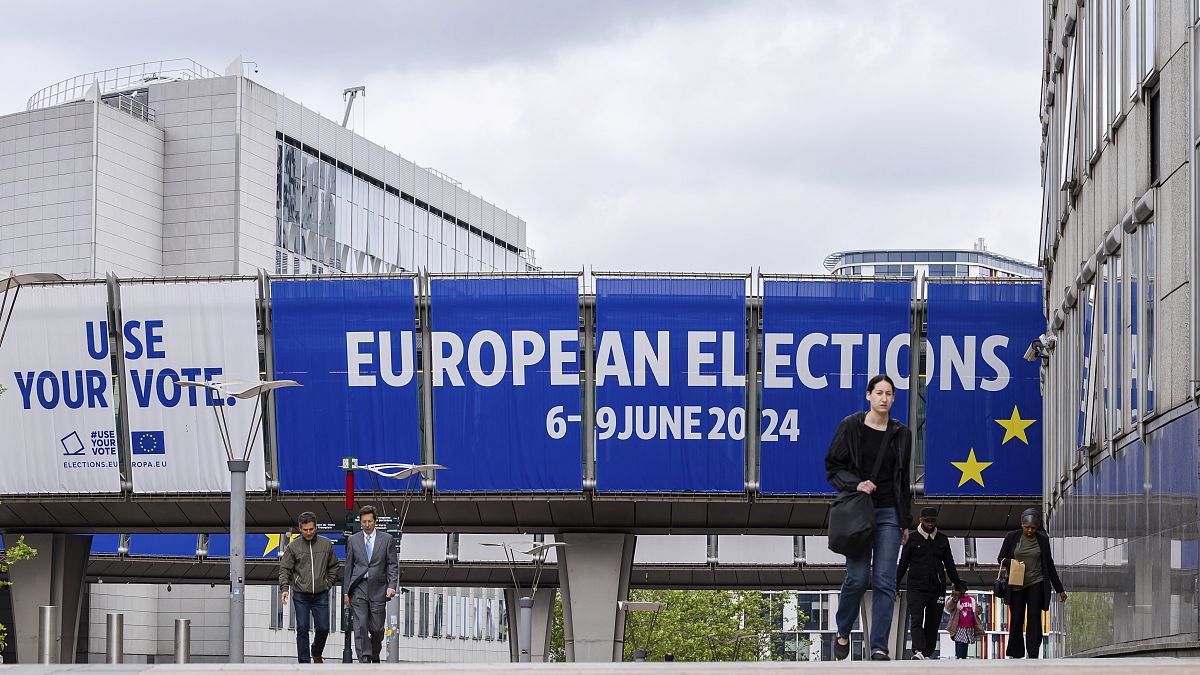The upcoming European Parliament elections, set to take place from June 6th to 9th, are drawing attention to a range of important issues for the European Union. Our journalists have been closely monitoring these developments and providing insights into what is at stake for the elections. With rising energy prices and the increasing cost of living, many Europeans are feeling the pinch and prioritize tackling these issues. This will likely influence how voters cast their ballots in June.
Migration policy has been a contentious topic in Europe for the past decade, and the new Migration Pact aims to address some of these issues. While not everyone is pleased with the pact, it is seen as a starting point that will require member states to work on transposing it into law and implementing it on the ground. The next EU mandate will likely see a focus on managing migration in a way that benefits both asylum seekers and the European countries receiving them.
The recent conflict between Russia and Ukraine has brought the issue of defense to the forefront of European politics. The EU is realizing the need to stand on its own when it comes to defense and security, rather than relying solely on the United States. With ongoing conflicts and uncertainty in the region, the EU will need to prioritize defense policy to ensure the safety and security of its member states.
One of the key initiatives of the EU, the Green Deal, aims to reduce greenhouse gas emissions by 55% by the end of the decade. However, with right-wing parties challenging this initiative and focusing on supporting farmers instead, the future of the Green Deal is uncertain. The outcome of the upcoming elections will likely determine whether the momentum behind the Green Deal continues or faces resistance from parties with different priorities.
Overall, the upcoming European Parliament elections will have significant implications for the future of the EU. Issues such as rising energy prices, migration policy, defense, and climate change will be at the forefront of voters’ minds as they head to the polls in June. The outcomes of these elections will shape the direction of the EU for the next term, impacting policies and initiatives that will affect Europeans and the broader global community. It is essential for voters to be informed about these issues and consider the implications of their choices on the future of the European Union.










